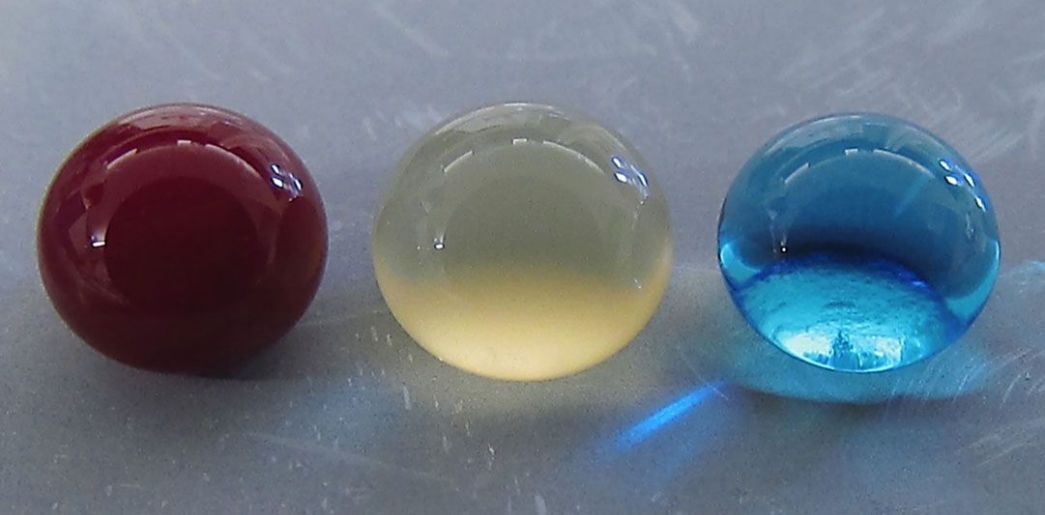AWARD YEAR
2017
CATEGORY
Body
GOALS
Good Health & Well-being
KEYWORDS
medicine, Materials , Medical Innovation
COUNTRY
United States of America
DESIGNED BY
Colorado State University
WEBSITE
http://source.colostate.edu/blood-repellent-materials-new-approach-medical-implants/
superomniphobic titanium surface
Blood-repellent materials: A new approach to medical implants
Medical implants like stents, catheters and tubing introduce risk for blood clotting and infection – a perpetual problem for many patients. Colorado State University engineers offer a potential solution: A specially grown, “superhemophobic” titanium surface that’s extremely repellent to blood. The material could form the basis for surgical implants with lower risk of rejection by the body.
It’s an outside-the-box innovation achieved at the intersection of two disciplines: biomedical engineering and materials science. The work, recently published in Advanced Healthcare Materials, is a collaboration between the labs of Arun Kota, assistant professor of mechanical engineering and biomedical engineering; and Ketul Popat, associate professor in the same departments. Kota, an expert in novel, “superomniphobic” materials that repel virtually any liquid, joined forces with Popat, an innovator in tissue engineering and bio-compatible materials.





